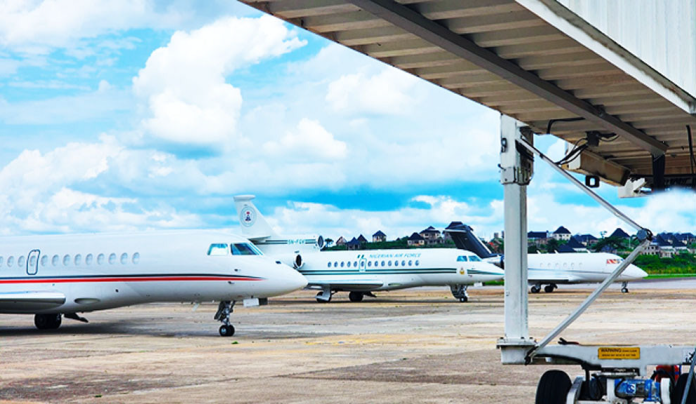RICH Nigerians spent between 1.6 billion dollars and two billion dollars each year on medical treatment abroad, putting pressure on the economy and exposing gaps in the national health system, according to data from healthcare investment agencies. However, this trend is showing signs of a reversal.
For decades, the search for medical treatment abroad placed a heavy burden on Nigeria’s economy and exposed long-standing weaknesses in its local healthcare infrastructure.
The report said the narrative is beginning to change. Dr. Olakunle Onakoya, Consultant Orthopaedic and Trauma Surgeon and CEO of Cedarcrest Hospitals, Lagos told Nairametrics that outbound medical tourism is slowing down. According to Onakoya, true progress depends not on bans or travel restrictions but on building trust, establishing modern facilities and delivering globally competitive outcomes. He emphasized that unlocking access to capital, smarter regulation and quality-driven policies are critical to positioning Nigeria as a thriving medical tourism hub.
“I think medical tourism is slowing down, and that slowdown is due to a number of reasons. Some are directly linked to the state of healthcare in Nigeria, while others are more indirect. One major reason for this is affordability. For most Nigerians, travelling abroad for medical care isn’t as easy as it used to be. The foreign exchange situation has made it much more expensive. What people could afford two or three years ago is now out of reach for many. So, naturally, fewer people are going abroad for healthcare at every small opportunity.
“But beyond that, I believe the more important reason is that many of the services people used to travel for are now available in Nigeria. And not just available; they’re being offered at very high, global standards across different specialties. If you look at medical tourism in terms of push and pull factors, the push being reasons that drive people out, and the pull being what attracts them abroad, both have reduced. The push factors are no longer as strong because the care people used to seek abroad can now be found here. And the pull factors, those things that used to make foreign hospitals more attractive, have also weakened.
“Now, I may not have data, but from my experience and perspective, far fewer Nigerians are travelling abroad for medical treatment today compared to five years ago. First, it’s important to say that it’s difficult to determine exactly how much is spent on medical tourism. What we often rely on are rough estimates, such as data on medical visas issued by popular destination countries. But that doesn’t capture the full picture, like the informal cases where people travel to accompany others or seek minor care abroad.
“That said, medical tourism still happens, and there are two main reasons: some are real, others imagined. The real reason is that some Nigerians have experienced poor outcomes locally. Sometimes it’s because they didn’t see the right specialist, or the facility lacked the proper diagnosis or skill level. And when outcomes aren’t optimal, word of mouth spreads quickly, which is a powerful driver of medical tourism”.


